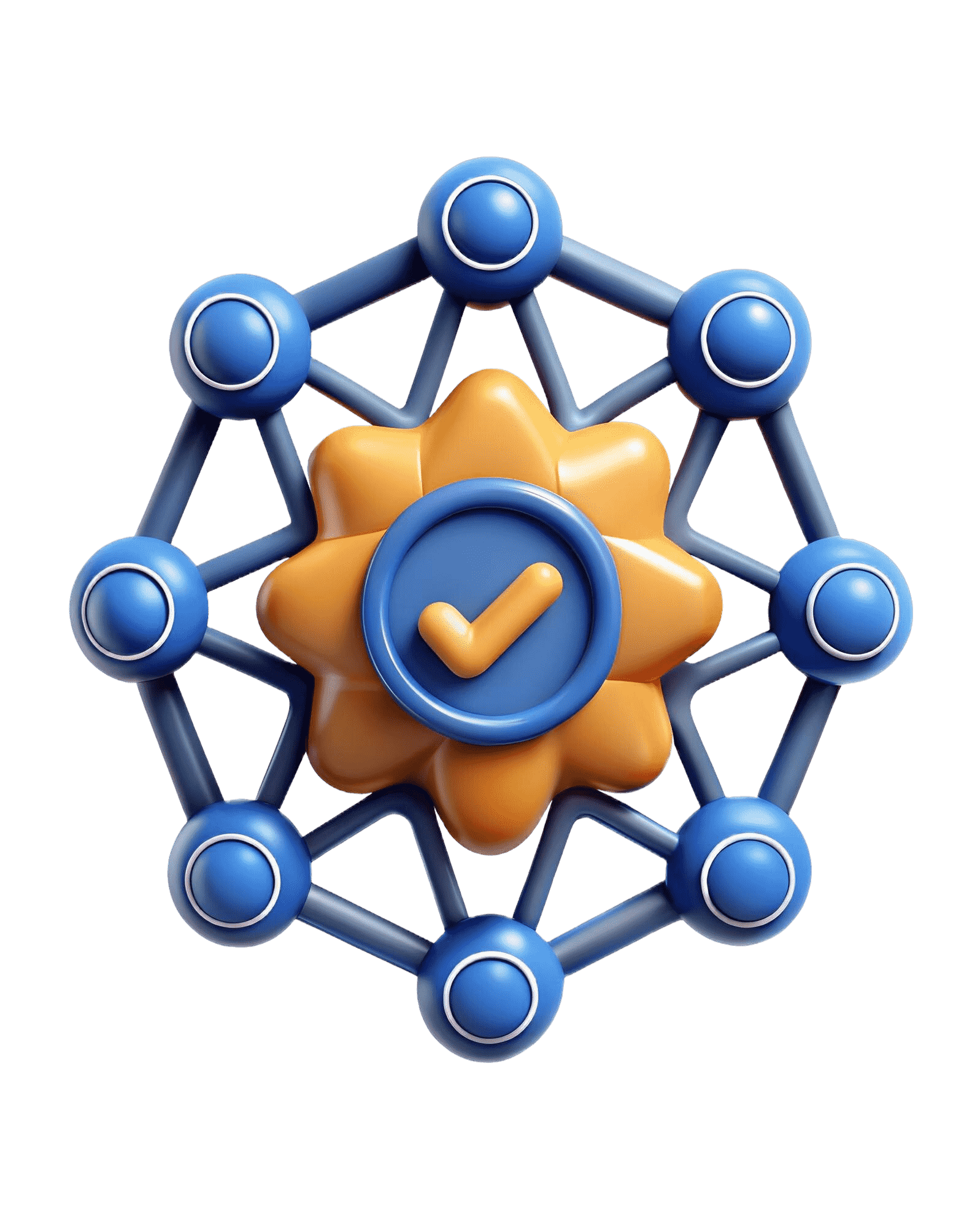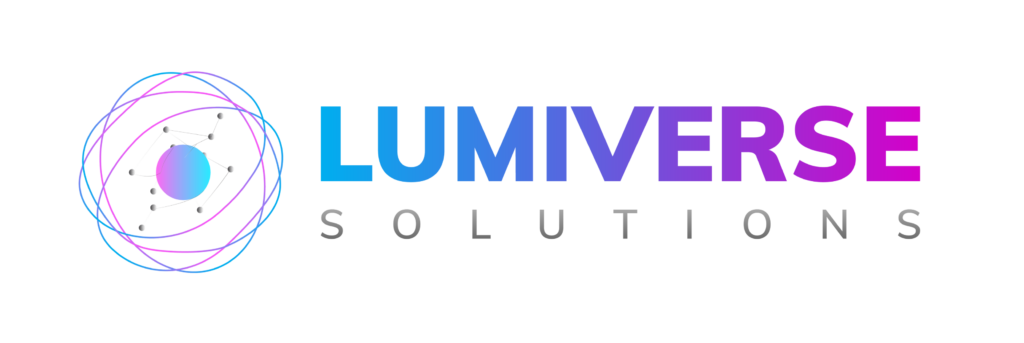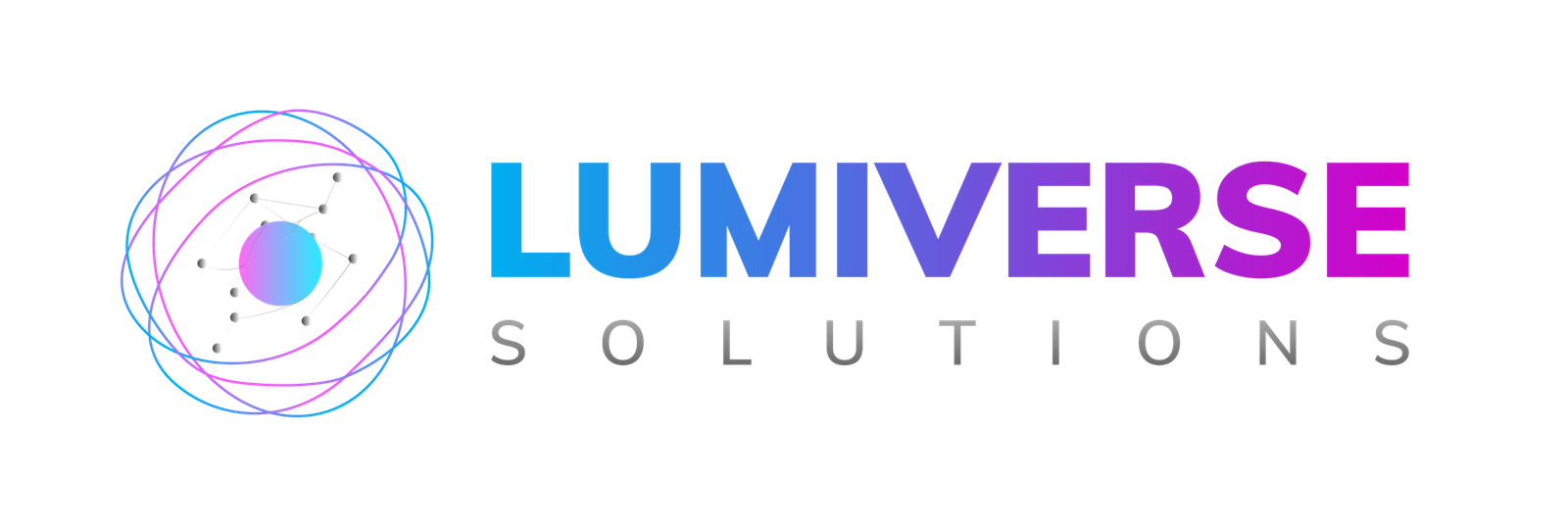ISO 27001 Compliance Service: Strengthen Your Information Security with Lumiverse Solutions
ISO 27001 Certification helps organizations ensure their data management processes are secure and compliant with international standards. At Lumiverse Solutions, we offer comprehensive ISO 27001 compliance services to help your business protect its sensitive information and achieve global recognition for security excellence.
What is ISO 27001 Certification?
ISO 27001 is the international standard for information security management systems (ISMS). Achieving this certification demonstrates that your organization has established a structured and robust framework for managing sensitive information securely, including the identification, control, and mitigation of security risks.
Key Benefits of ISO 27001 Certification
1. Enhance Your Security Posture
ISO 27001 significantly improves an organization’s security posture. Organizations that achieve ISO 27001 certification report up to 50% fewer security incidents than those that don’t have this certification. This reduces the risk of breaches, protects sensitive data, and preserves your reputation and customer trust.
2. Market Differentiation and Business Growth
With ISO 27001 certification, your organization gains a competitive edge. As data privacy concerns rise globally, clients and partners require assurance that your company follows best practices for information security. This certification is a proven signal of your commitment to data protection, often making it easier to win new business.
3. Operational Efficiency and Cost Savings
By implementing ISO 27001, businesses can streamline their operations. This framework identifies inefficiencies and redundancies, often resulting in cost savings. Certified organizations report a 27% reduction in operational costs related to information security management, improving overall operational efficiency.

The ISO 27001 Implementation Process
ISO 27001 Implementation is a comprehensive process that requires timely and correct preparation and implementation. The process of certification process covers a few key steps, all of which are assumed to be critical in developing an efficient ISMS.
Gaining Support and Scoping the ISMS
The first step in ISO 27001 implementation is securing top management support. This ensures that resources are allocated appropriately. Once support is in place, the next step is scoping the ISMS (Information Security Management System). Define which parts of the organization will fall under the scope of ISO 27001 and ensure that all stakeholders are on board.
Performing a Gap Analysis
A thorough risk assessment is essential. This involves identifying information assets, assessing potential threats, and evaluating the impact of potential security breaches. This process provides the foundation for your ISMS and helps in selecting appropriate security controls.
Conducting a Gap Analysis
A gap analysis compares your current security practices with the requirements of the ISO 27001 standard. This step identifies areas where your organization needs to implement additional controls or improvements. By identifying these gaps, we ensure that your ISO 27001 compliance is comprehensive and meets international standards.
Selecting and Implementing Controls
ISO 27001 provides a detailed list of security controls in Annex A, but not all controls need to be implemented. Based on the results of your risk assessment and gap analysis, we will help you select and implement the security controls best suited to your business needs.
Developing Policies and Procedures
An essential element of the ISO 27001 implementation process is the creation of documented policies and procedures. These documents outline how information security should be treated within the organization. The policies ensure that the necessary security controls are correctly implemented, maintained, and reviewed periodically.
Conducting Internal Audits and Management Reviews
To ensure the effectiveness of the ISMS, regular internal audits and management reviews are essential. These audits identify non-conformities or areas for improvement in the ISMS, allowing you to align the system with changing business objectives and the evolving threat landscape.
Improve Your Information Security with ISO 27001 Certification!
Get ISO 27001 Certified with Lumiverse Solutions
Best Practices for ISO 27001 Compliance Service
ISO 27001 is no doubt a challenging standard to achieve; however, maintaining compliance is a task that requires lots of effort and dedication. The best practices while implementing ISO 27001 compliance will ensure that the ISMS of an organization stays effective and meets the requirements of the standard.
Security Awareness
The most critical best practices in developing and instilling a culture of security awareness within the organization involve providing initial training and periodic refresher courses and updates on new threats and security practices. Organizations with continuous security awareness programs report a 70% reduction in security incidents caused by human error.
Documentation
The other important issue in ISO 27001 compliance is documentation. Full and up-to-date documentation of policies, procedures, and controls required to demonstrate audit compliance is crucial. A best practice is a standardized, systematic approach to document management, ensuring that all relevant information can be easily accessed and is subject to periodic review.
Regular Internal Audits
The core of ISO 27001 compliance maintenance is regular internal audits. Audits help identify gaps or non-conformities in the ISMS before these become major issues. Best practice suggests that internal audits should be done annually; many organizations perform them more often in critical areas.
Continuous Improvement
Continuous improvement is an important aspect of ISO 27001. An organization should have processes in place for regular reviews and updates of the ISMS based on audit results, incident reports, and changes in the threat domain. Such a proactive approach ensures the effectiveness of ISMS and its continued relevance to meet the organisation's growing needs.
Expert Insights: Overcoming Common Challenges
While the benefits of ISO 27001 certification are crystal clear, the challenges in implementation are considerable. Understanding various challenges and learning from expert insight goes a long way in smoothing the path to successful certification and ongoing compliance.
Resistance to organizational change
One common challenge arises as resistance to organizational change. In most cases, ISO 27001 requires immense changes in the current processes and practices that get highly questioned or resisted by the employees. Experts state that such a challenge can be resolved by efficiently communicating benefits brought by ISO 27001 implementation and involving employees in the implementation process.
Resource constraints
Resource constraints can also be an obstacle in time and budget. To a great extent, implementing ISO 27001 requires big investments; thus, finding free resources may be problematic for an organization. According to experts, the recommended line of action is to build up the system step by step, beginning with areas of the highest priority, gradually expanding the scope of the ISMS.
Navigating Complex Organizational Structures
All this is often difficult to achieve in larger organizations or organizations with complicated, intricate structures. Setting milestones and marking achievements by celebrating the same are some recommendations to keep the team motivated. Appoint a highly experienced project manager who can guide the implementation and help it stay on course.
Leveraging Expertise in ISO 27001 Standards
It is important to have expertise in interpreting and applying the ISO 27001 standard. This is especially difficult for organizations without previous experience in information security management; guidance by experienced consultants or attendance at special training courses can be of particular value.
Keeping Up with Emerging Threats and Technologies
There is a constant need to keep up with growing threats and technologies. Experts stress that the knowledge of arising risks must be continuously updated and that periodically, the adopted security controls of the organization should be reevaluated. Industry networking, participation in security forums, and threat intelligence services are some of the useful means through which an organization can retain its edge.

